Usher in the crisp autumn weather with six new books by NER contributors! This roundup includes a poetry collection from our very own managing editor, an engrossing biography of an influential writer-activist, a vibrant essay collection that ponders the role of art in modern society, and much more. Browse and shop these and other titles by NER authors on our Bookshop.org page.
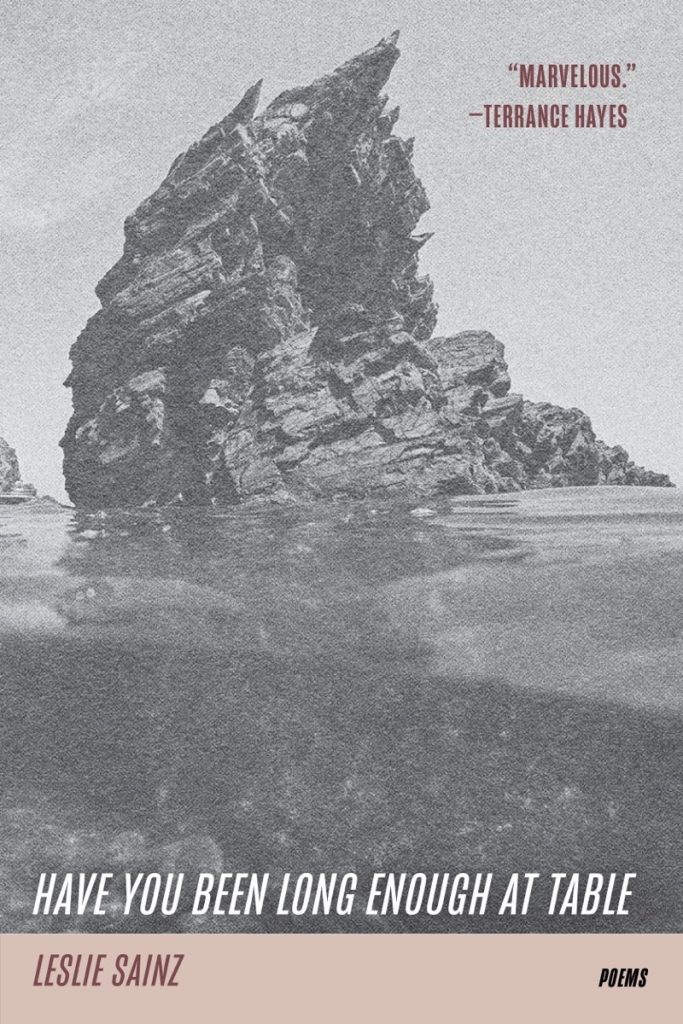
NEA fellow and New England Review managing editor Leslie Sainz’s highly anticipated debut poetry collection, Have You Been Long Enough at Table, is out now courtesy of Tin House Books. Described as “a triumph” by poet and National Humanities Medal recipient Richard Blanco, this razor-sharp collection encapsulates the Cuban American experience with formal breadth and a distinctly feminist lens. Prior to her joining our staff, NER published two of Sainz’s poems in issue 42.4, as well as an accompanying Behind the Byline interview.
Rave reviews have already been pouring in for Isle McElroy’s latest novel People Collide, which released from HarperVia just this Tuesday. Reckoning with thorny questions of love, identity, and sexuality, this clever and rewarding novel provides “an impressive twist on the familiar trope of marital ennui” (Publishers Weekly). McElroy’s essay “Endure” was originally published in New England Review issue 37.4 and is available to read online.
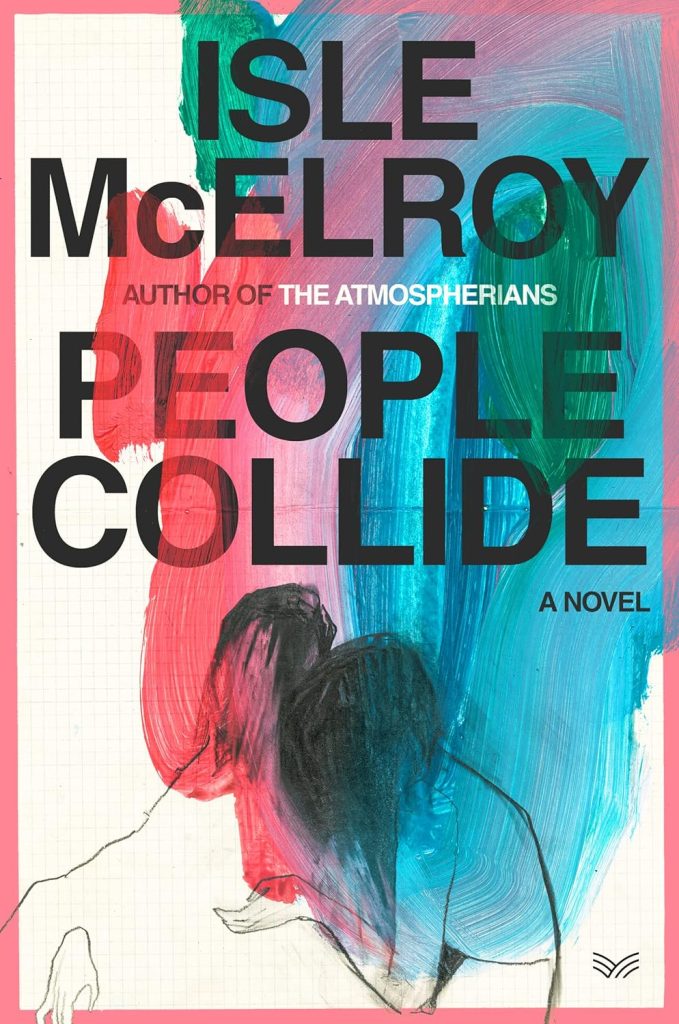
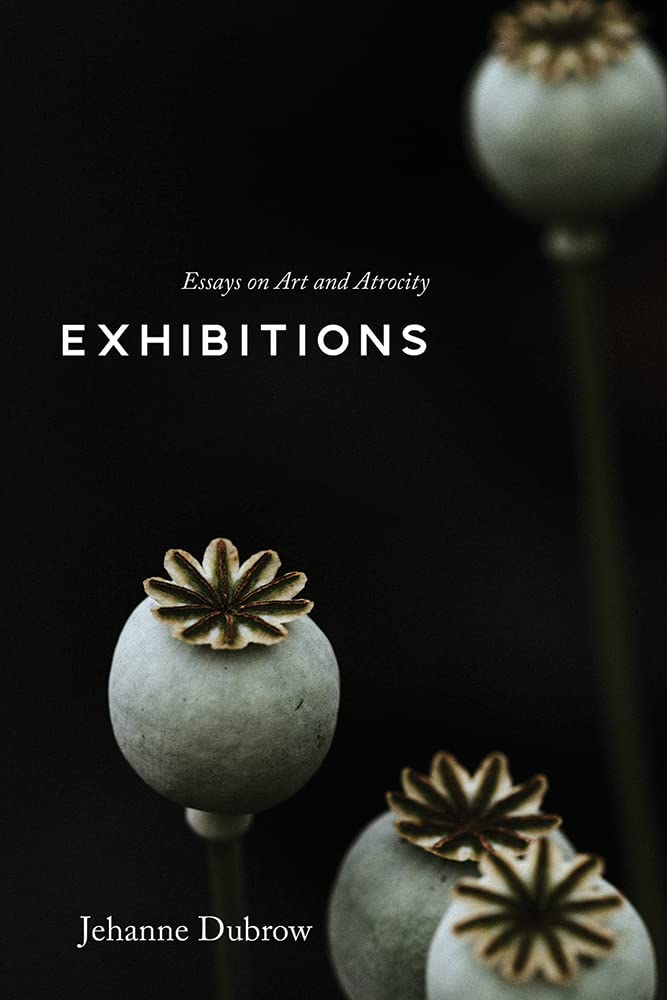
From University of New Mexico Press comes Exhibitions: Essays on Art and Atrocity, Jehanne Dubrow’s stirring new collection of essays. With marked thoroughness, Dubrow investigates the intersection between beauty and tragedy, sitting with the moral questions that arise when we attempt to “aestheticize atrocity.” Author Randon Billings Noble described the collection as “smart and inviting, intimate and outward-looking, creative and critical.” Dubrow’s work has appeared in several issue of NER, most recently issue 41.2.
Anne Pierson Wiese’s long-awaited second poetry collection, Which Way Was North, was published earlier this month by LSU Press. Described by decorated poet Henri Cole as “hauntingly direct” and writer and critic Willard Spiegelman as “a marvel of energy and observation,” Which Way Was North explores geographies both vivid and mundane, personal and historical. Wiese’s poems “In Praise of Paper” and “I Keep Dialing” first appeared in New England Review volume 32.1.
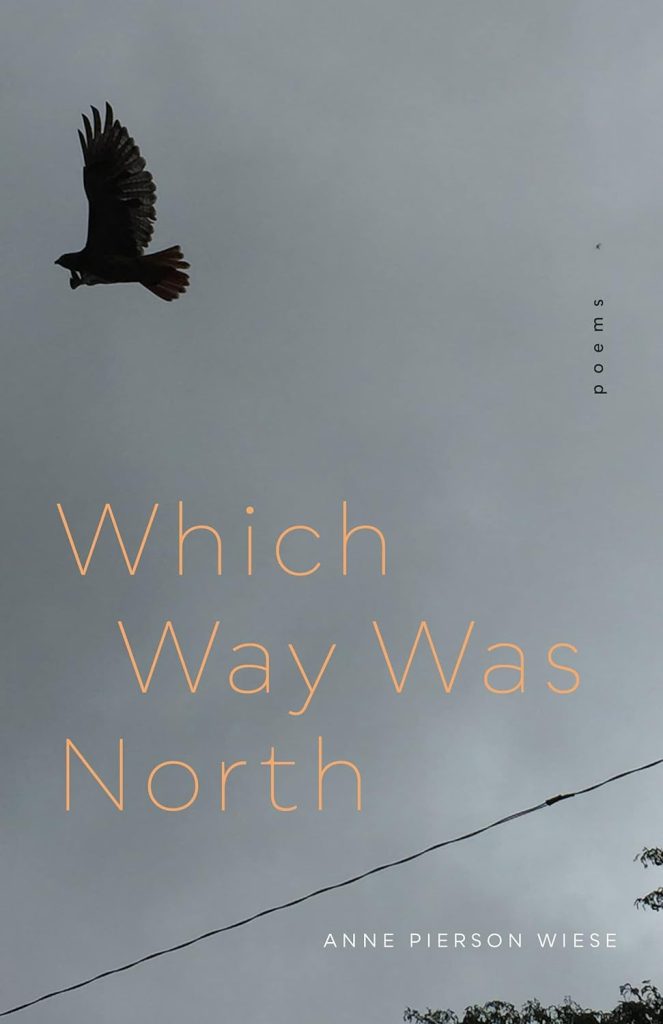
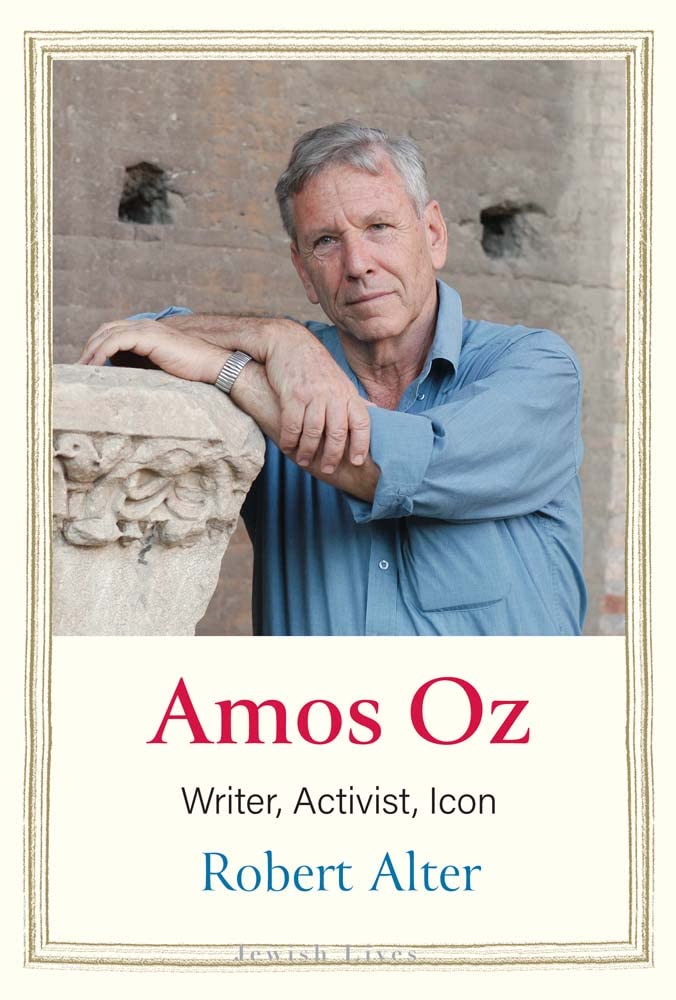
Earlier this week, Yale University Press published Amos Oz: Writer, Activist, Icon, Robert Alter’s illuminating portrait of award-winning Israeli writer and activist Amos Oz. With palpable empathy and a keen understanding of narrative, Alter covers both Oz’s public persona and interior world. The first biography of its kind, Publishers Weekly described the book as “Perceptive . . . a worthy introduction to Oz and his work.” Alter’s essay “American Literary Style and the Presence of the King James Bible” appeared in NER issue 30.4.
This fall we’re returning to Jennifer Franklin’s stunning new poetry collection If Some God Shakes Your House (Four Way Books). By reimagining Antigone, Franklin elevates both the classical and the quotidian as she explores issues of bodily autonomy, power, and labor. Award-winning poet Deborah Paredez praised the collection and its ability to teach us “how to hold ourselves and our beloveds—wretched and wondrous—through our living, dying, earth-bound days.” Franklin’s poem “Samburu Silhouette” appeared in issue 22.1.
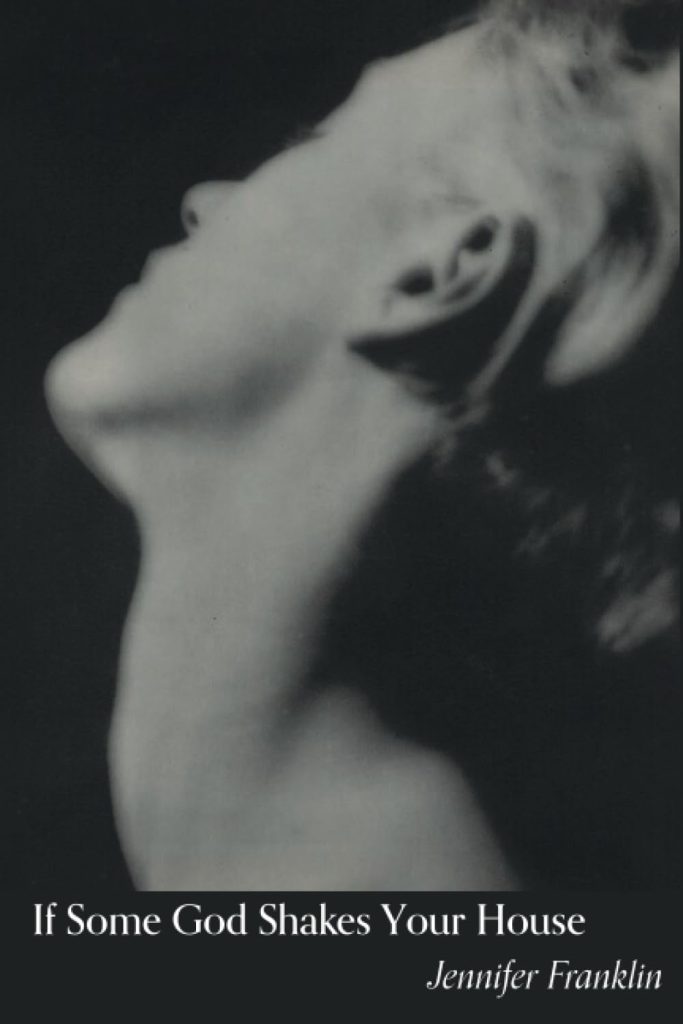
Find more books by NER authors on our Bookshop.org page.
